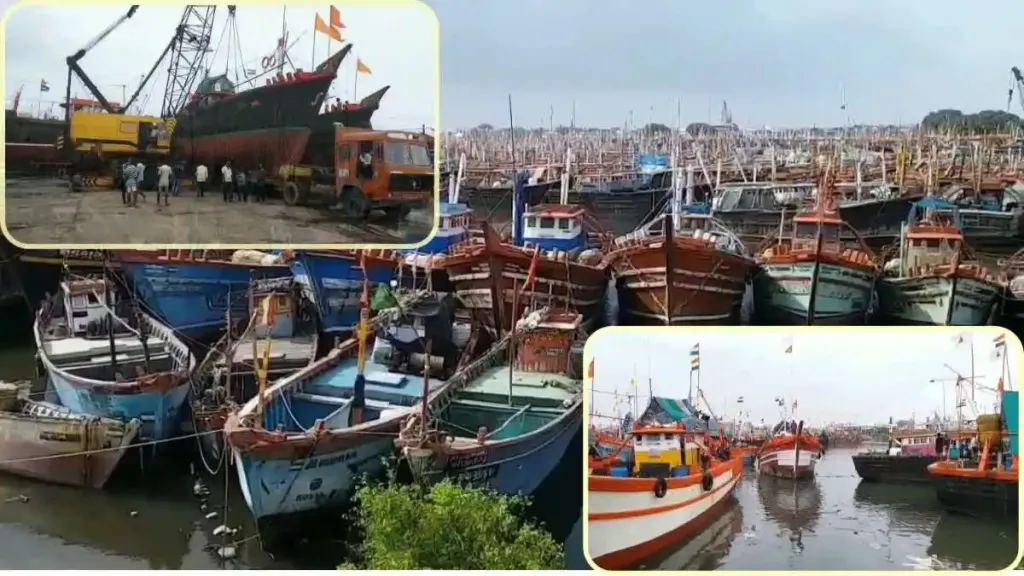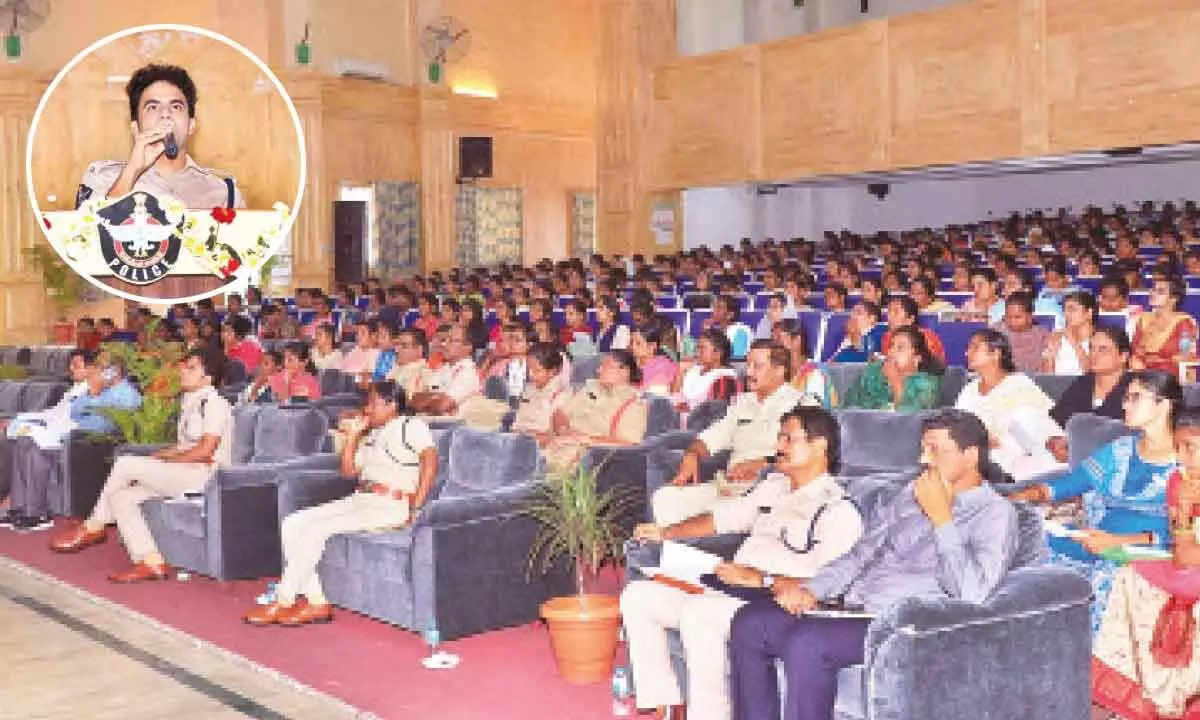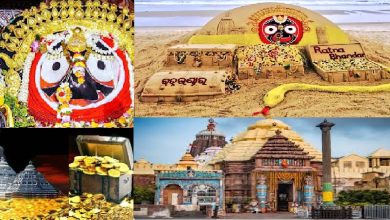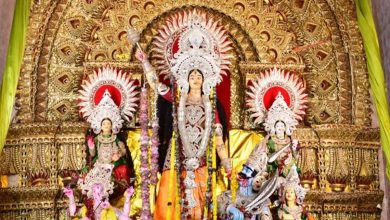Society in Kerala’s Mattancherry on a mission to keep Konkani alive
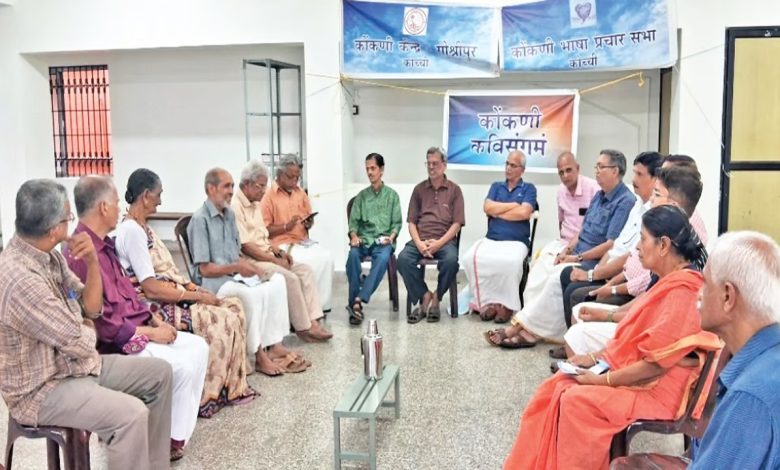
KOCHI: Outsiders visiting Mattancherry might find themselves surprised by the unique mode of communication among the locals in Konkani. For the minority group settled in Mattancherry, with roots extending to Goa and parts of Maharashtra, preserving their language is paramount, tracing back its origins to approximately 500 BC.
With this objective in mind, a cadre of elder Konkani speakers initiated the Konkani Kavi Sangam a decade ago. Meeting once a month, they share and recite the poems they’ve composed. “Many of us are poets and writers. However, we lacked a forum to gather and discuss the gradual decline of the Konkani language and its literary heritage. Thus, the idea of forming a society took root,” said Sadananda Kamath, a 60-year-old member of the Sangam.
Their primary focus is on promoting the ancient Konkani culture, script, and language. “Since 2014, we’ve been striving to establish a society or association dedicated to the preservation of our mother tongue. With the increasing participation of individuals from Mattancherry and its vicinity, our endeavour has gained momentum,” said Balakrishna Mallaya, another active member.
Kamath elaborated on their gatherings, where Konkani poems are recited alongside storytelling sessions featuring works by Sangam members. “Over the past decade, we’ve also compiled collections of Konkani poetry and stories, which we’ve preserved in our library. Such initiatives can serve as a source of inspiration for the younger generation to embrace the language,” he said, highlighting that conversations between Konkani speakers occur exclusively in their mother tongue.
Mattancherry accommodates around nine minority groups, including Gujaratis, Marathis, Kannadigas, and Tamilians, alongside the native Malayalees. “Preservation and gaining of wider recognition of the mother tongues of these minority communities are imperative. These languages are introduced to children in primary schools. To safeguard their literary heritage, concerted efforts are essential,” said Kamath.
Balakrishna outlined their meeting schedule, which typically falls on the Sunday following the no-moon day according to the Konkani calendar. “Attendance can sometimes be affected due to prior commitments. Nonetheless, individuals from other linguistic backgrounds also join our gatherings. It’s heartening to witness the curiosity among people to explore diverse languages and cultures,” Balakrishna added.

